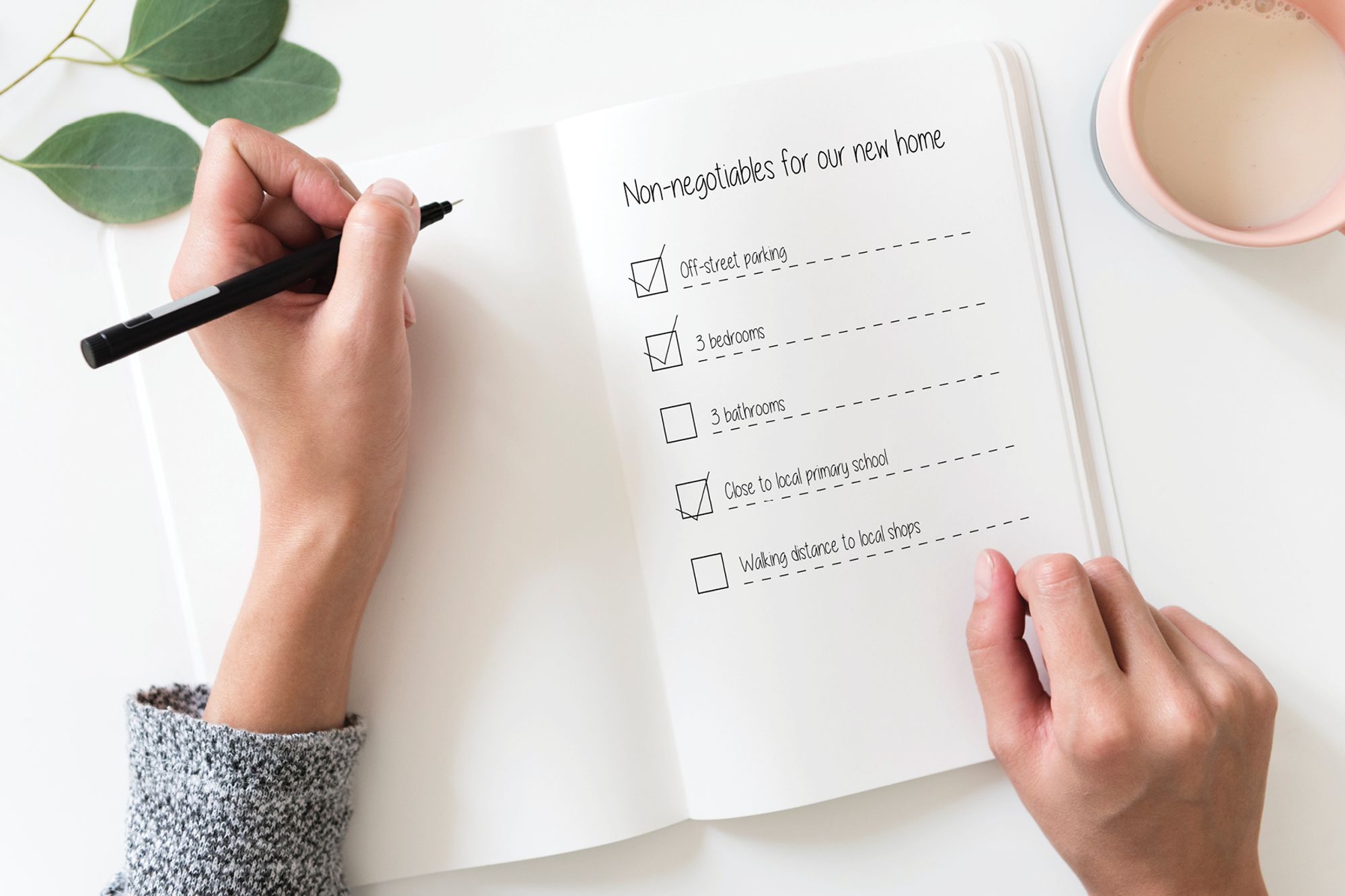
Eight dos and don'ts for successful house hunting
Whether you are buying your own home or looking for a great investment property, house hunting can be hard work, and because choosing the right property is such an important decision, it’s important to go house hunting with a level head.
To help you, DiJones has formulated eight simple house-hunting DOs and DON’Ts that will help you survive (and even enjoy!) the experience and increase your chances of buying a house or apartment that you really love, that suits your needs and that you can afford.
1. DO: Get your finances sorted before you start house hunting
Shopping around for a property without a clear idea of how much you can realistically afford can lead to all sorts of heartbreak. You might find the perfect place only to realise that it’s way beyond your means, leading to bitter disappointment or, if you go ahead with the purchase anyway, placing untenable financial pressures on you. Ask your financial advisor or a mortgage broker to assess your finances and give you a good guide to exactly how much you will be able to afford. Check your credit rating and closely examine your spending to make sure you are in the best position to apply for a loan. Shop around for the best home loan rates, then consider getting pre-approval from your chosen lender. It’s an excellent way of starting your house-hunting journey because not only do you know how much you can spend, but you will also be able to make an offer quickly when you do find the right property.
2.DO: Set and stick to your budget
Once you have your budget, refine your search parameters to only include properties that fit within it. Remember that your budget needs to factor in all the costs of buying a house or apartment - not just the initial purchase price. It’s a great idea to start your search by looking for properties that are at the lower end of your budget; after all, if you find the perfect property for less than your full budget, you can either reduce the cost of your mortgage or put the extra money towards fitting out your new home.
3. DO: Write a list of non-negotiable features before you start looking
This will help you refine your search and save a lot of time. For example, if you know that you need off-street parking, a specific number of bedrooms or bathrooms, or a home within a specific school catchment area, you can immediately narrow your search to properties that tick all the essential boxes rather than spending precious time and energy inspecting properties that won’t satisfy your basic needs.
4. DO: Research the neighbourhood and the property fully
When you find a property you like, spend time learning about it and the surrounding area Read the listings carefully, study the floor plans, and compare the property with your list of non-negotiables. Walk or drive by to have a look at the property from the outside before attending an inspection. Do this at different times of the day to assess the street in terms of traffic, light and noise. Take your time at onsite inspections and ask lots of questions. Remember to find out about any planned developments that could affect the value of your property and get to know the local amenities and services available to you. Walking or driving through the area and chatting with some locals will also give you a good idea of what it’s like to live there and provide you with valuable insights to inform your decision.
1. DON’T: Let your emotions rule your decisions
All of your careful research and planning will be of no use to you if you let your emotions run away with you. Of course, the prospect of a new home or investment property is exciting, and there has to be room for gut feelings about a perfect property. But it can be easy to get carried away. You should always stick to your guns in terms of budget and your non-negotiable requirements.
2. DON’T: Mess up your timing
Getting your timing right is a delicate balancing act between acting quickly and making sure you do your due diligence. Not taking the time to shop around, look at several different properties and think carefully about your options can lead to costly mistakes. Don’t let frustration at not finding a property quickly turn to desperation and rushed decisions. And don’t rush to make an offer straightaway when you do find a property you like - sleep on it and take a moment to formulate your offer based on your research. At the same time, missing out on your ideal property because you didn’t get a timely offer in can be incredibly disappointing. This is where pre-approval and all your research come in handy, especially in a hot market.
3. DON'T: Cut corners on inspections
Seemingly perfect on the surface, a property can have all sorts of hidden flaws that can cost you very dearly. From structural faults to pests to undisclosed encumbrances or development plans – there is a lot that can go wrong! Make sure that you have all the pest and building inspections done independently – don’t just rely on the seller’s inspections or online property reports.
4. DON’T: Offer too much
Buying a property for more than it is worth can put you in serious financial difficulties both immediately and in the future. Your lender might not approve your finance, or you may find it impossible to recoup your investment when you decide to sell. Arm yourself with as much information as possible. By spending a little time reading up on the area you are looking at and talking to a trusted local real estate agent, you will get a good understanding of comparable sales and market trends and be able to base your offer on a reasonable, realistic price for the property and area.
A final few words
There are lots of things to consider when buying a house or apartment, but with some careful planning and a good understanding of what you need and can afford, house hunting can be an enjoyable, rewarding experience.
Talk to the experts, get your finances in place and take the time to gather all the information you need beforehand to give you the best possible start on your property search.
Other buying, selling and investing articles and resources
Guide to property investment success in NSW
Selling a house or apartment in NSW eBook
Buying a house or apartment in NSW eBook
Was this content helpful to you?





